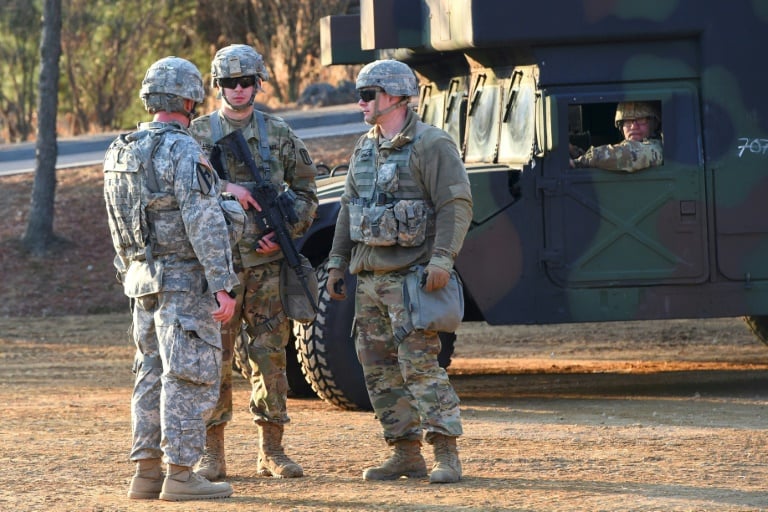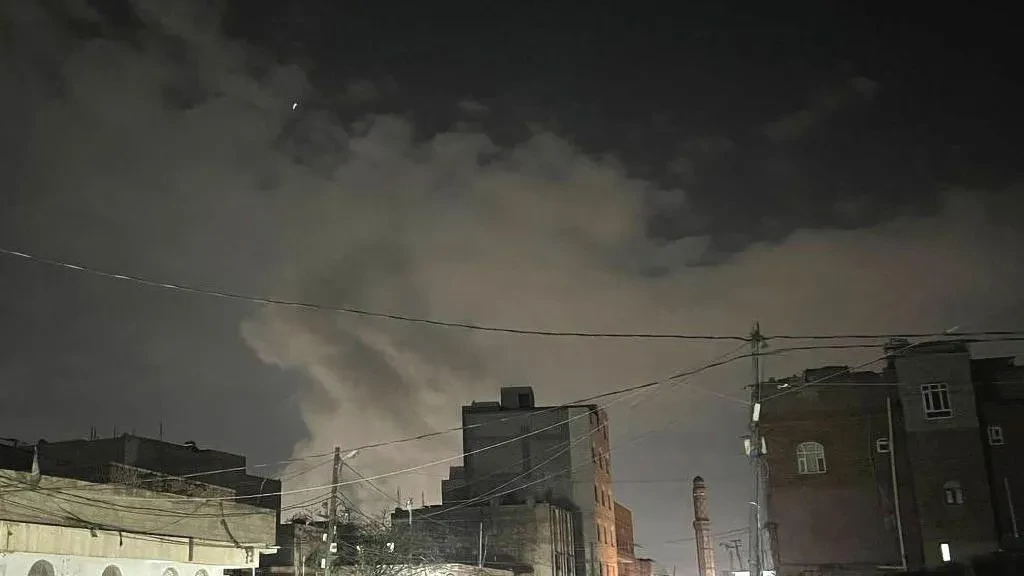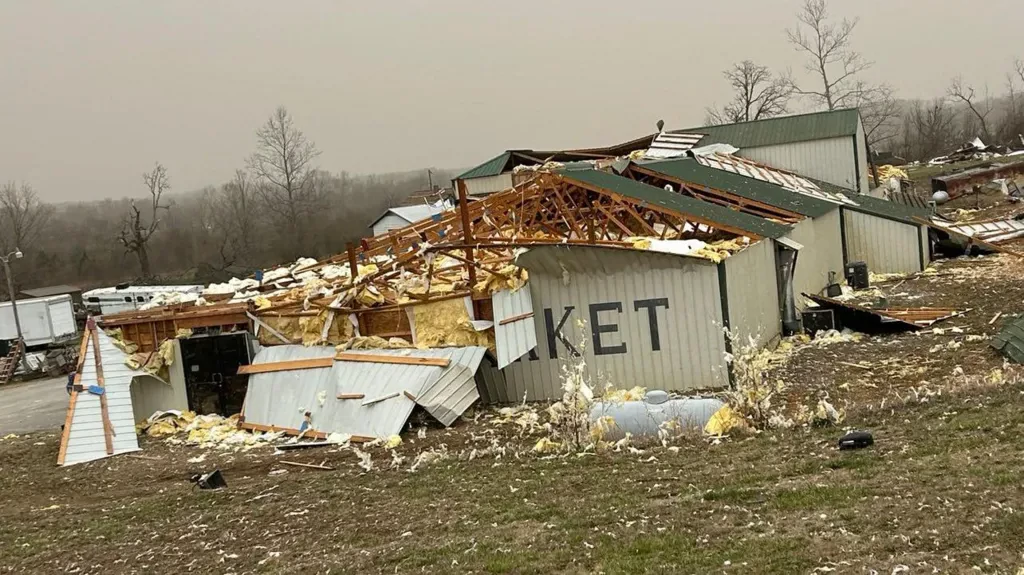South Korea, US agree on troop deal

South Korea and the United States have reached agreement on Seoul's contribution to the costs of the US troop presence on the peninsula, Seoul said Monday, as the two allies kicked off annual joint military exercises.
The issue had bedevilled the two allies' security alliance under former president Donald Trump, who had a transactional approach to foreign policy and repeatedly accused the South of freeloading.
Washington stations 28,500 troops in the country to defend it from the nuclear-armed North, which invaded in 1950.
They are a key part of US forces' deployment in Asia, but negotiations over funding had been gridlocked by the former US administration's demands that the South pay billions of dollars more towards their costs.
The Trump administration initially insisted on $5 billion a year -- a more than fivefold increase.
Under the previous deal, which expired at the end of 2019, Seoul paid Washington about $920 million annually.
Seoul's foreign ministry said the two sides had reached an agreement "in principle" without specifying the agreed amount.
"The government will resolve a gap that has lasted for more than a year through a swift signing of an agreement," it said in a statement.
The new deal must still be approved by the South Korean legislature.
US President Joe Biden has vowed to revive frayed US alliances under his predecessor to counter the challenges posed by Russia, China, Iran and North Korea.
"America's alliances are a tremendous source of our strength," the US State Department said in a tweet.
It also did not state how much the South would pay.
The two sides "will now pursue the final steps needed to conclude the Special Measures Agreement for signature and entry into force that will strengthen our Alliance and our shared defence," it added.
The agreement came as Seoul and Washington kicked off their annual military training on Monday, which has been scaled down from the usual level over Covid-19, with no large-scale physical troop involvement.
The nine-day exercise is still likely to infuriate the North, which has long considered such drills rehearsals for invasion.
"The upcoming annual training is a computer-simulated command post exercise that is strictly defensive in nature," the South's Joint Chiefs of Staff said, adding they went ahead with plans after considering the pandemic.
After his first summit with North Korean leader Kim Jong Un in Singapore in June 2018, Trump said Washington would suspend the "very provocative" joint military exercises with South Korea.
But a second meeting held in Hanoi in February 2019 broke up early with no progress towards Washington's goal of Pyongyang abandoning its nuclear weapons programme.
North Korea has put itself under strict self-imposed isolation to try to protect itself against the coronavirus pandemic, adding to the pressure on its moribund economy.
Analysts will be watching to see whether it uses the military drills to launch provocations against Washington as it seeks to test the new Biden administration.





Leave Comment